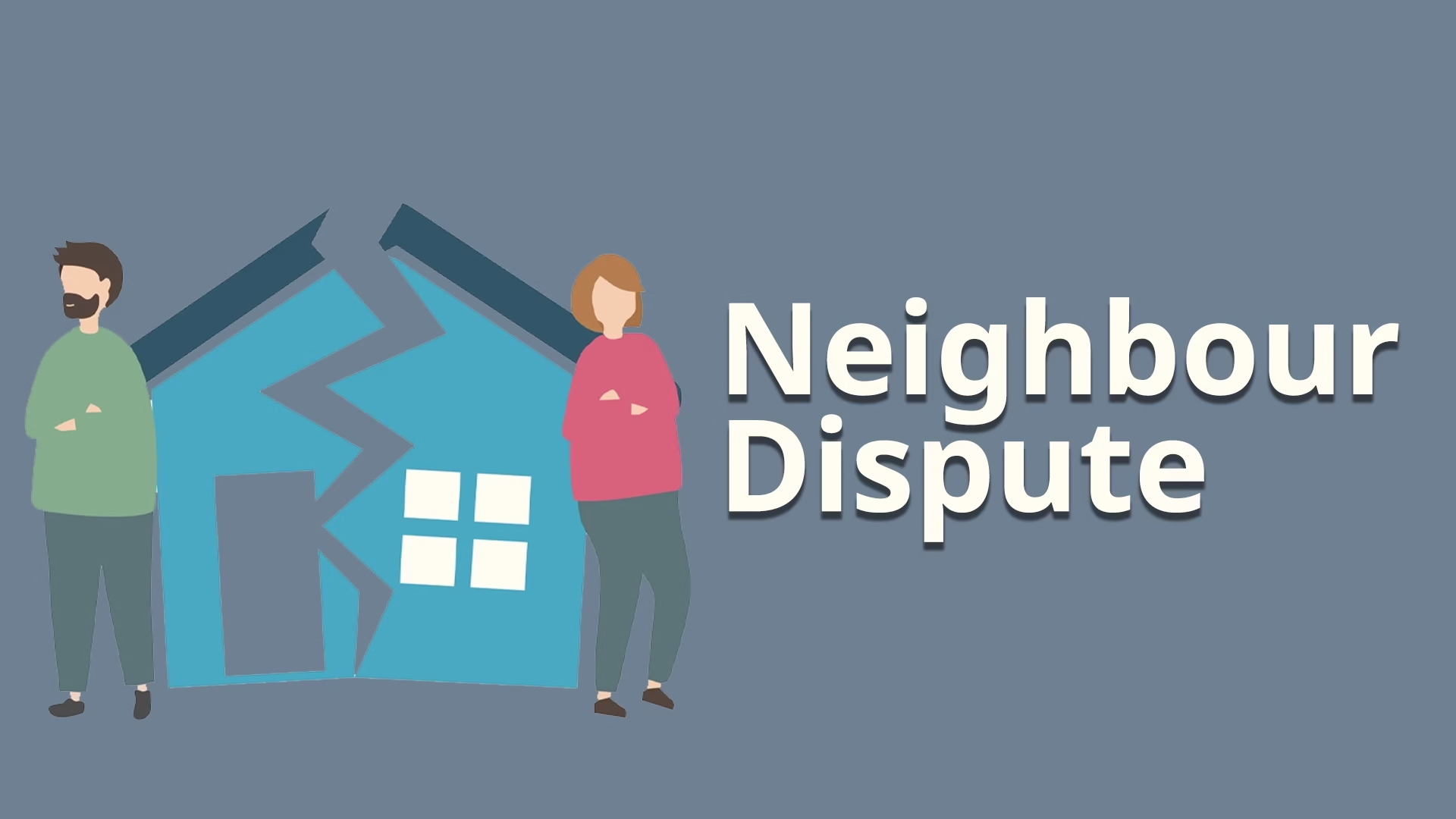Neighbour disputes are quite common, and issues such as loud music, property damage, or unauthorized use of property can create significant tension. Various legal provisions are in place to address these issues, including those under the Indian Penal Code (IPC).
1. Public Nuisance (Loud Music or Disturbance)
If your neighbour is causing a public nuisance, such as playing loud music at odd hours, it can be addressed under Section 268 of the IPC. The section defines public nuisance as an act that causes injury, danger, or annoyance to the public or those who live in the neighborhood.
- Immediate Action: You can contact the police by dialing 112 if the nuisance is severe. If the police fail to act (perhaps due to the offending party being influential), you can file a complaint in the court of magistrate under Section 268 of the IPC.
- Legal Help: Consulting a lawyer will help in navigating this process effectively.
2. Damage Due to Neighbor’s Construction
If your neighbour’s construction work damages your property, you have the right to ask for compensation for the damages caused. However, while you can’t stop them from constructing (if it’s within their rights), you can certainly take action when the construction causes harm to your property.
- Legal Action: If the neighbour refuses to compensate for the damage, you can file a case under Section 425 of IPC, which deals with mischief (intentionally damaging property). You may also file a civil suit for declaration and mandatory injunction to prevent further damage, along with claiming damages in the same suit.
3. Criminal Trespass (Unauthorized Use of Property)
If your neighbour is using your parking space or any part of your property without permission, it falls under criminal trespass.
- Legal Provision: Section 441 of IPC deals with criminal trespass, and you can file a case against your neighbour in the court of magistrate if they continue using your property without consent.
By utilizing these legal provisions, you can resolve disputes with your neighbour and ensure your rights to property and peace are respected. It’s essential to take prompt legal action to prevent the situation from escalating.

